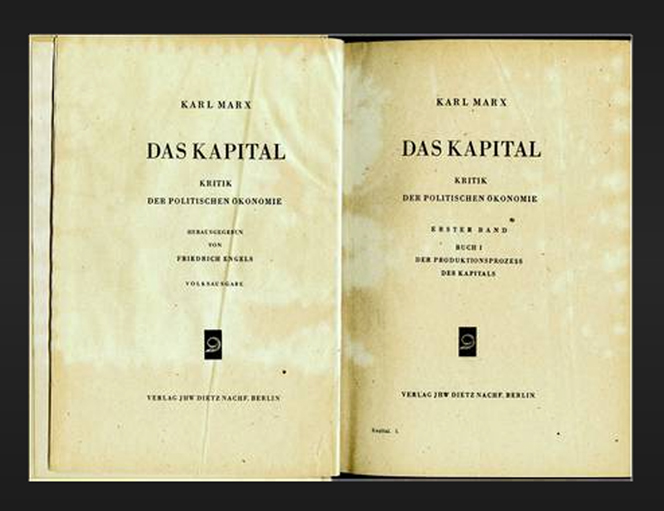Capital, Volume One
Capital remains the fundamental text for understanding how capitalism works. By unraveling the commoditized forms of our interactions with nature and each other, it provides tools to understand capitalism’s astounding innovativeness and productivity, intertwined with growing inequality and misery, alienation, stunting of human potential, and ecological destruction all over the globe.


